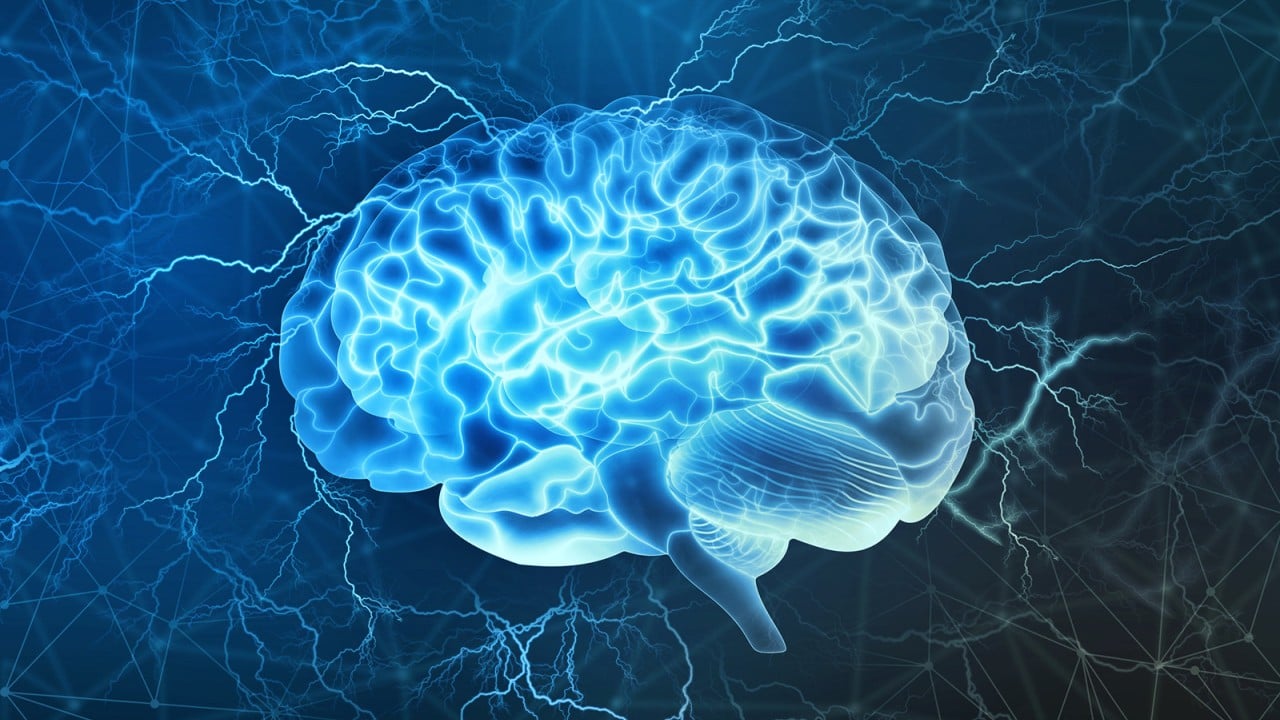Chinese researchers say they have developed the world’s first two-way adaptive brain-computer interface (BCI), boosting efficiency 100-fold and moving the technology a step closer towards practical everyday use.
Advertisement
In a study published on Monday by Nature Electronics, the scientists said the system could eventually be integrated into portable and wearable BCI devices, making it suitable for consumer and medical applications.

Unlike traditional BCIs, which decode the brain’s signals, the breakthrough enables the brain and device to learn from each other, delivering a stable performance over time, according to the Tianjin University and Tsinghua University researchers.
“Our work is the first to introduce the concept of brain-computer co-evolution and successfully demonstrate its feasibility, marking an initial step towards mutual adaptation between biological and machine intelligence,” said co-author Xu Minpeng from Tianjin University.
BCI technology dates from the 1970s when scientists first showed that brain signals could be recorded and translated into commands, allowing users to control machines with their thoughts.
Advertisement
While early research focused on helping people with disabilities, today’s BCIs have expanded into a wide range of applications, from wearable devices for gaming to hands-free drone control.
However, the one-directional nature of the technology has meant that BCI devices have been unable to provide feedback that helps the brain adjust and improve control over time. This limitation often causes performance to decline over extended use.

